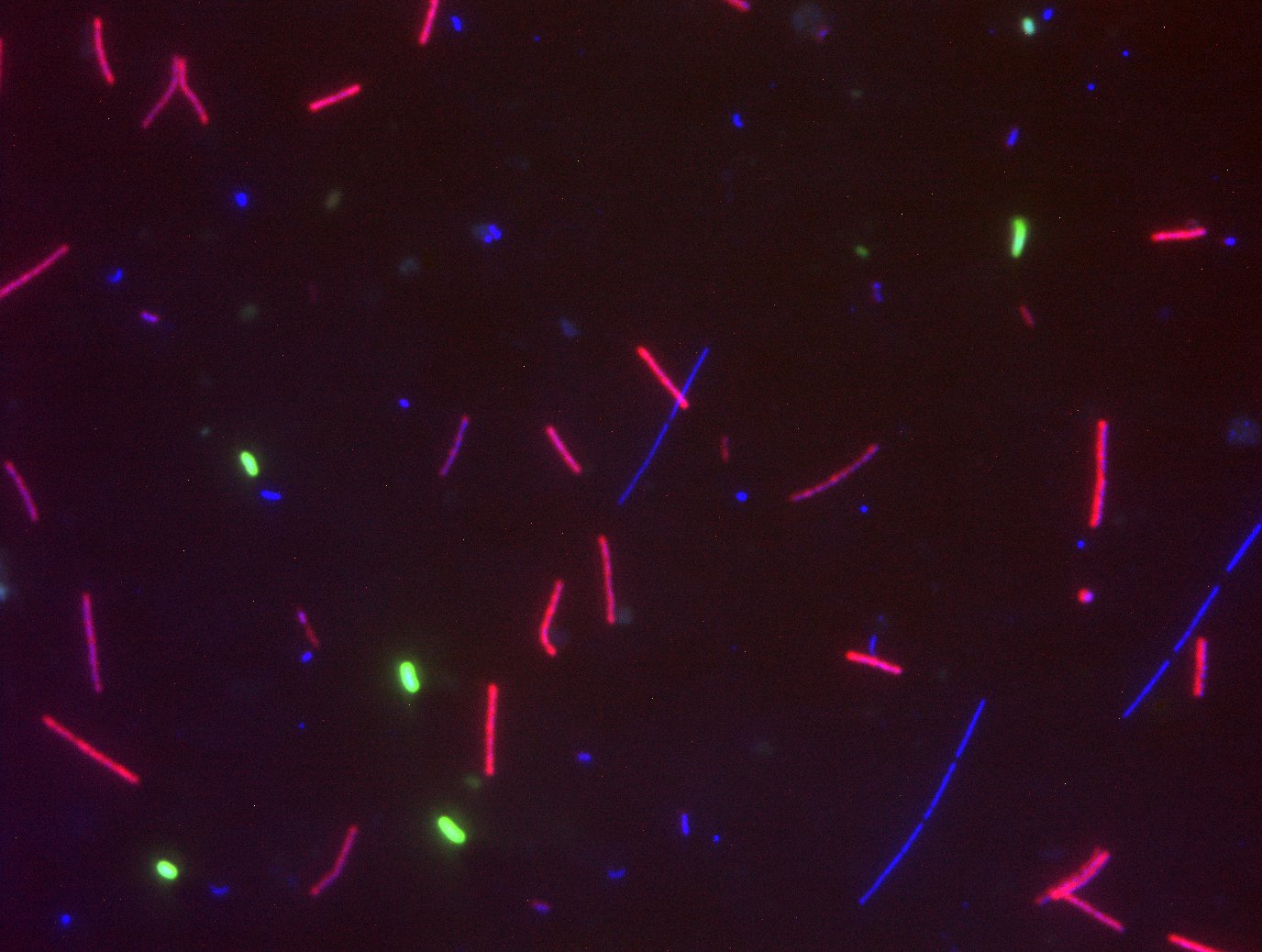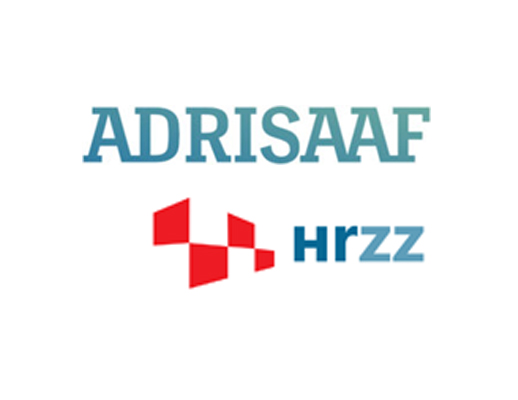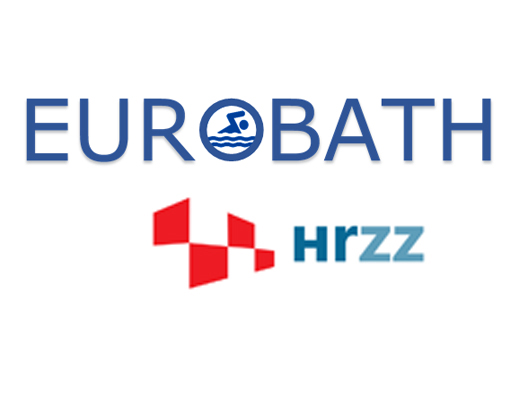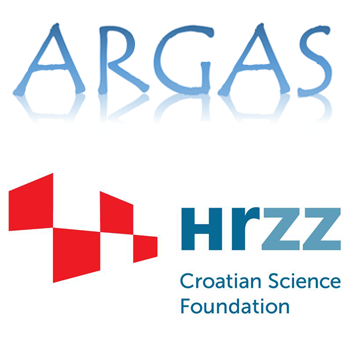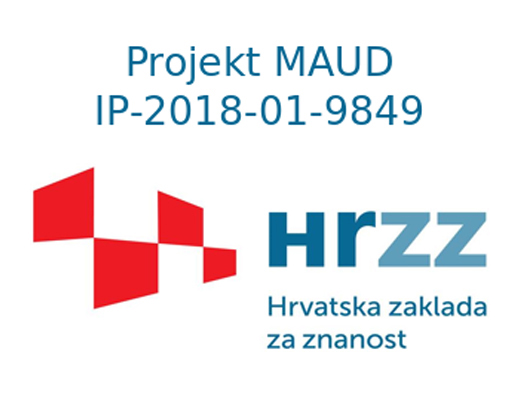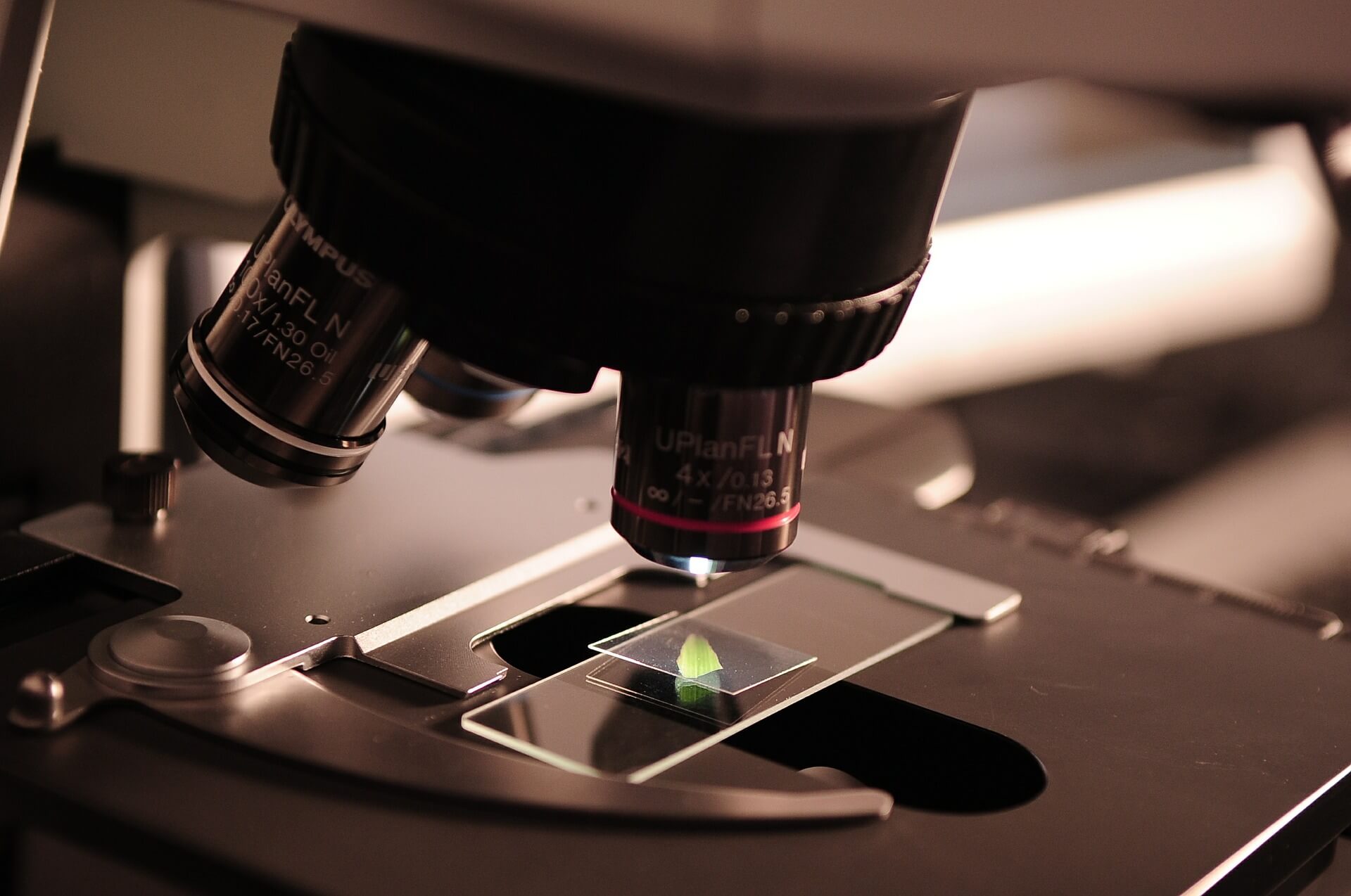Laboratory of Marine Microbiology
About the lab
The Microbiology laboratory research activities are focused on fundamental research in the field of the microbial ecology of marine microorganisms. Research is also being carried out on allohtonous microorganisms that reach marine environment from different sources (river, waste water, etc.) which may potentially be hazardous to human health.
The field of marine microbial ecology includes research on microbial community structure (composition, abundances, biomass, production, and activity) and the role of the microbial food web in the flow of matter and energy through the pelagic ecosystem.
The main focus of microbial ecology research include:
- characterization of microbial community structure, abundances, biomass, and activity of all components of the microbial food web (viruses, autotrophic, heterotrophic, and photoheterotrophic prokaryotes- bacteria and cyanobacteria, as well as autotrophic and heterotrophic pikoeukariotes and nanoflagellates)
- defining the trophic significance of the microbial community in the flow of matter and energy in different marine ecosystems
- identification of microbial response to different environmental conditions as well as to changes in ecological conditions on the spatial and temporal scale
The study of microbial communities (their composition, abundance, biomass and activities), as well as the relationships between members of the microbial communities is inevitable for the understanding of several important processes:
- Biological productivity of marine ecosystems and carbon flow between trophic levels, which is of paramount importance for the maintenance of fish stocks;
- The fate of biogenic carbon and its sequestration in the marine environment, which depends crucially on the size structure of microbial communities and the dominant type of food web
- Recognition of microbial response to different environmental conditions as an important descriptor of natural and anthropogenic changes in the marine environment.
Scientific research on the allochthonous microorganisms is conducted regarding the presence and survival of indicators of fecal contamination in seawater and their concentration in shellfish. These studies are essential for assessing the quality of sea water and marine organisms and potential risks to human health. The results of these studies have also direct application in assessing the impact of submarine discharges on the marine environment, and in better planning the bivalve breeding technology.
The Laboratory is conducting research on new functional bacterial groups and the diversity of bacterial communities using molecular methods as well as on the response of the microbial food web to global warming.
Staff
Publications
Contribution of different bacterial groups in the carbon flow through the microbial food web
Temperature effects on growth rates and predation loss of bacterial groups in marine ecosystems
Prospecting microbiota of Adriatic fish: Bacillus velezensis as a potential probiotic candidate
Gear
()
Used for gravitational separation of particles. Max number of revolutions 14 000 rpm.
Epifluorescent microscopes (Olympus BX 50 and Olympus BX51) equiped with the camera is used for the visualisation of microbial cells.
Flow Cytometer is used for the characterization and quantification of different organisms within microbial community based on cell physical properties.
Liquid Scintillation Analyzer TriCarb 2910TR enables monitoring of various processes occurring within microbial cells by the incorporation of the radioactive labeled substrates.
Has various uses; maintaining the temperature of solids before being poured out, conducting experiments at specific temperatures, ensuring stable temperatures for thermometer adjusting…
Used for maintaining the optimal temperature for incubating microorganisms, as well as conducting various experiments under specific temperatures.
Used for sterilization of microbiological matter.
Used for maintaining temperature while incubating microorganisms alongside additional mechanical stirring.
Used in the process of determining indicators of fecal matter by the method of membrane filtration. Also used for the preparation of subjects for epifluorescent microscopy.
Used for separating bacteria cells from sediment particles.
()
Used for “grazing” experiments. Diffusion chamber with 150 mL volume and area/volume ratio of 0.67 equipped with two diffusion membranes 8 cm in diameter with pores 0.2 μm in diameter. (The chamber was designed by Šolić and Krstulović, 1994.)
()
()
()
